Value of Seasonal Gardening | EXPLOIT THE POWER OF TIMING
Learning and practicing seasonal gardening will impact your garden for success. The seeds you select for every season, according to the time of the year, will greatly impact how much you produce in the garden.
Seasonal gardening practices, as a general rule, will impact how much grows in the garden. There are elements of gardening you must take into account; plant selection, planting time, harvesting, and crop rotation. The goal is to work with nature to successfully produce more vegetables.
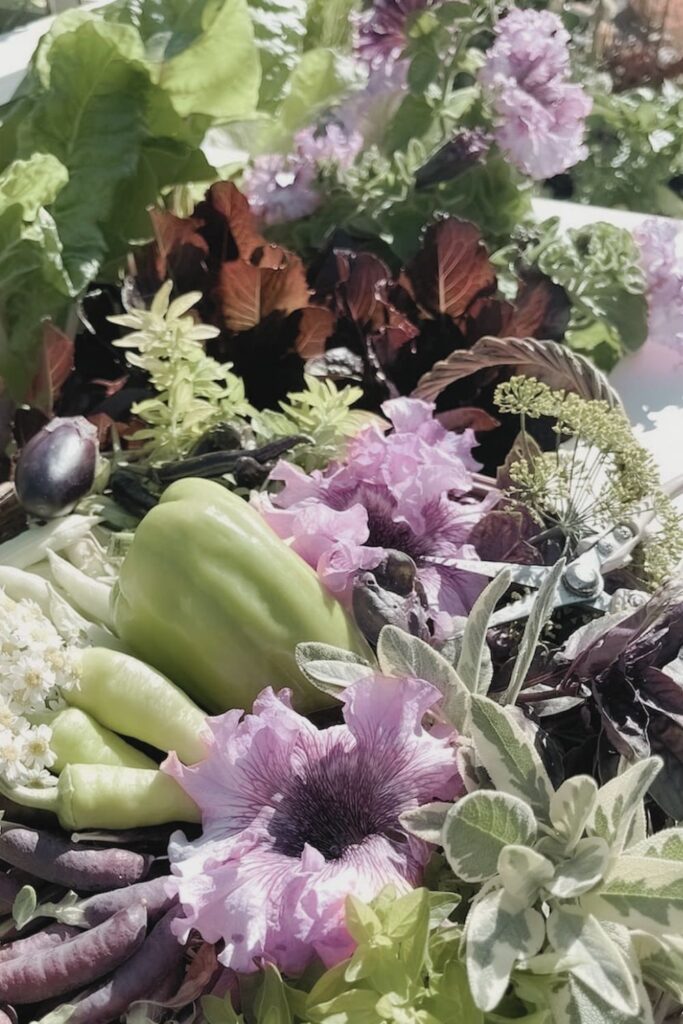
Links in this article are affiliate links and if you click on them, we will receive a small commission at no additional cost to you! Clicking and purchasing help to support this blog and all of the home and garden posts we bring to you! Click here for full disclosure
WHAT IS SEASONAL GARDENING?
Seasonal gardening is the approach that takes into account the climate and how it will impact the seed, growth of the plant, maintenance and quality of harvest.
Since we have a very small garden in an urban setting, we are careful on how we plan what to grow and always know that it will be what we either consume or want to preserve.
The weather here is a challenge and planning for the seasons is critical to the success of the garden. Seasonal gardening makes for easy gardening and all it takes is a seasonal garden plan. To compound the success with seasonal gardening, learn about your gardening zone.
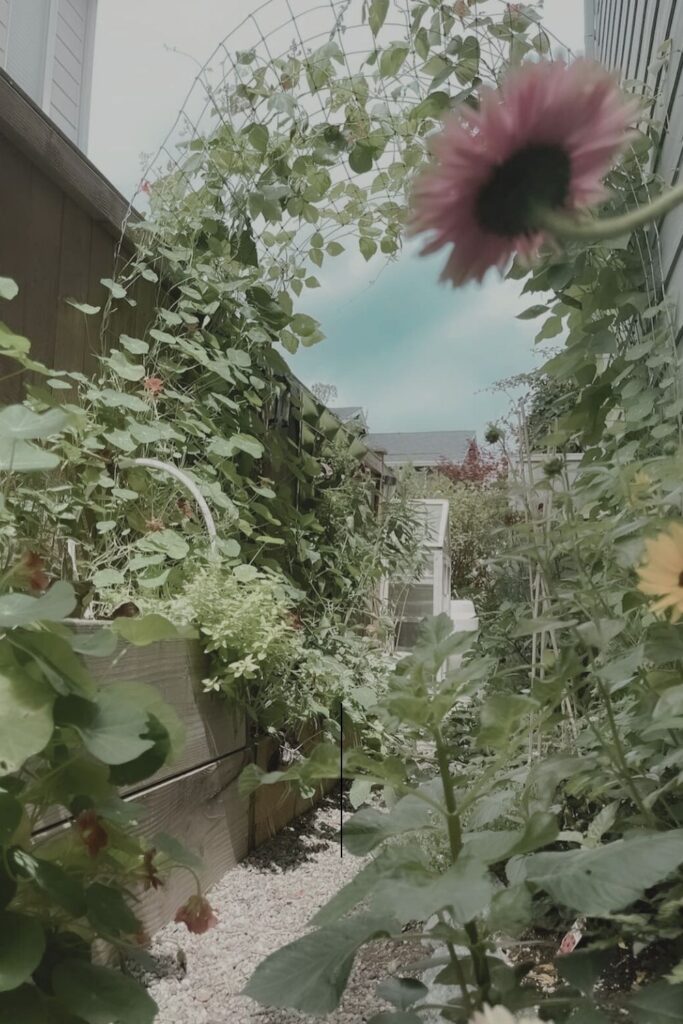
Elements of Seasonal Gardening:
- Plant Selection: Select seeds that will thrive on cool season or warm season. You can select warm-season crops or cool-season crops that are based on the climate and temperature in your zone.
- Planting Time: To get the best growth from the plant, start the seed directly or indoors and plant the seedling at the correct time of the year. Correct climate plus seasonal crop selection equals optimal growth.
- Harvesting: Warm season crops are harvested in late summer, early fall. Cool season crops are harvested in the spring and early summer.
- Crop Rotation: This gardening technique will promote soil health and help you in organic gardening by reducing garden pest every season.
” CORRECT TEMPERATURE + CORRECT SEASONAL CROP = O P T I M A L G R O W T H “
Cocoon Raw
If you want to practice seasonal gardening, the primary goal is to follow nature and use the change of seasons to plan your garden.
This method of gardening will produce a lot more healthy vegetables and lessen the stress in gardening. It will make for a great gardening experience.
Connecting to nature is always beneficial and provides an opportunity to meditate, introduce the new season and the outcome is so rewarding.
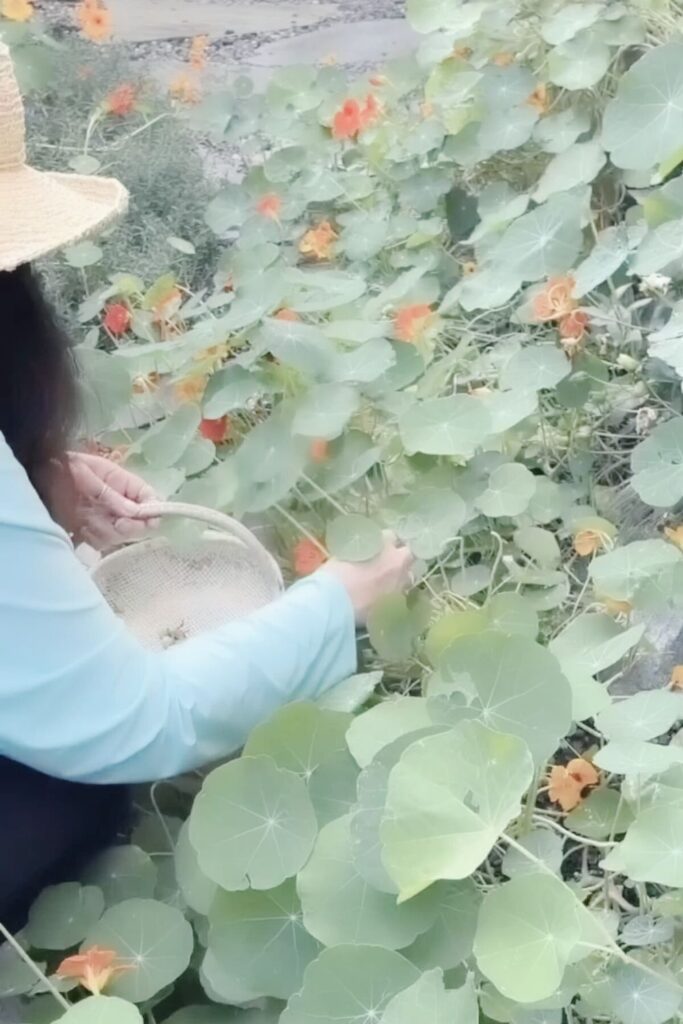
HOW TO PLAN MY GARDEN FOR ALL SEASONS?
Once you have decided that you want to produce vegetable year round, the planning begins. You will need to take into account:
Part I – A Seasonal Gardening Guide
- Selecting the Correct Vegetables: Every vegetable variety you select must be for the correct season. Determine if it is a warm or cool season crop. An example that many don’t think of is carrots. Many like to grow them in the summer, but carrots do not like dry soil and hot temperatures. That is why they are so much sweeter and tastier when you grow them in the cooler season.
- Understand Your Grow Zone: Visit the USDA hardiness zone to find out which zone you are in. This is extremely critical to be able to decide on what vegetables will grow best on your location. If you are a beginner gardener, this is the first thing I would find out. What is my zone? This will guide everything you do in yor garden.
- Develop a Planting Calendar: Once you determine what seeds to grow, a seed chart will help you understand how long it will take for the seed to grow, if to start indoors or outdoors and when the crop will be ready to harvest. Consider the frost season in your area, first day of frost or last day of frost, depending what season you are growing for.
- Seasonal Enclosures: If you are in a zone that needs more protection from the cold, such as snow, consider a cold frame. Another option for all seasons may be a greenhouse, greenhouse cabinet or a row cover. You can do a simple garden cover and instead of doing mesh for pest control, use a frost cloth to protect plants from the cold weather.
- Crop Rotation: I have mentioned crop rotation and how important it is to prevent pests in your garden. You must rotate your vegetable crops each season to also prevent the soil from being depleted of nutrients. This is a great skill to develop for a beginner gardener. You will be able to harvest so much more every year for your family.
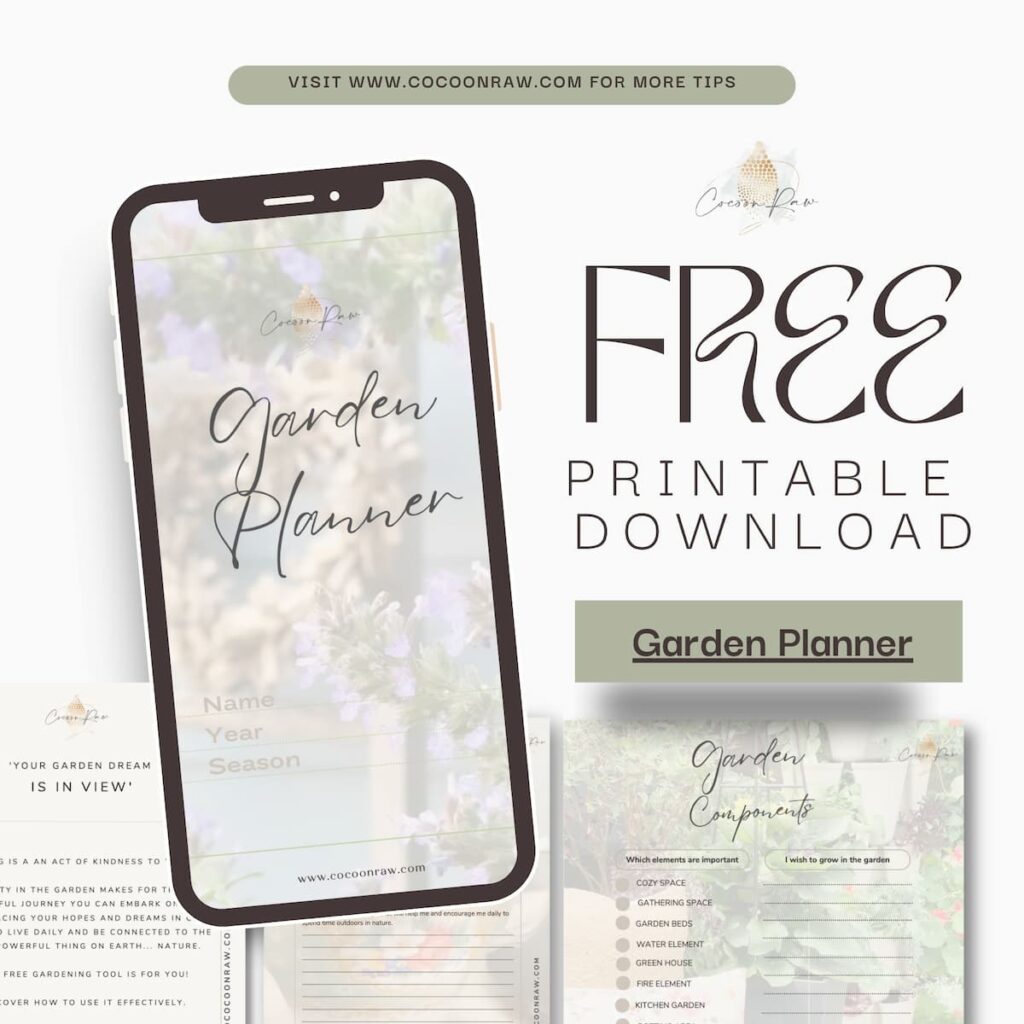
Part II – The Details will Make a Big Difference in Your Garden for Four Seasons Garden

With the weather changes, it is more challenging to predict what the climate will do. Be ready with covers and other ways to protect your plants in case you get extreme weather; snow, sleet, wind or high heat.
Squash is a great one to practice succession planting since they have a quick maturity of 45-75 days, depending on what type you are growing.
Stagger your plantings and you will have a continuous harvest during the growing season.
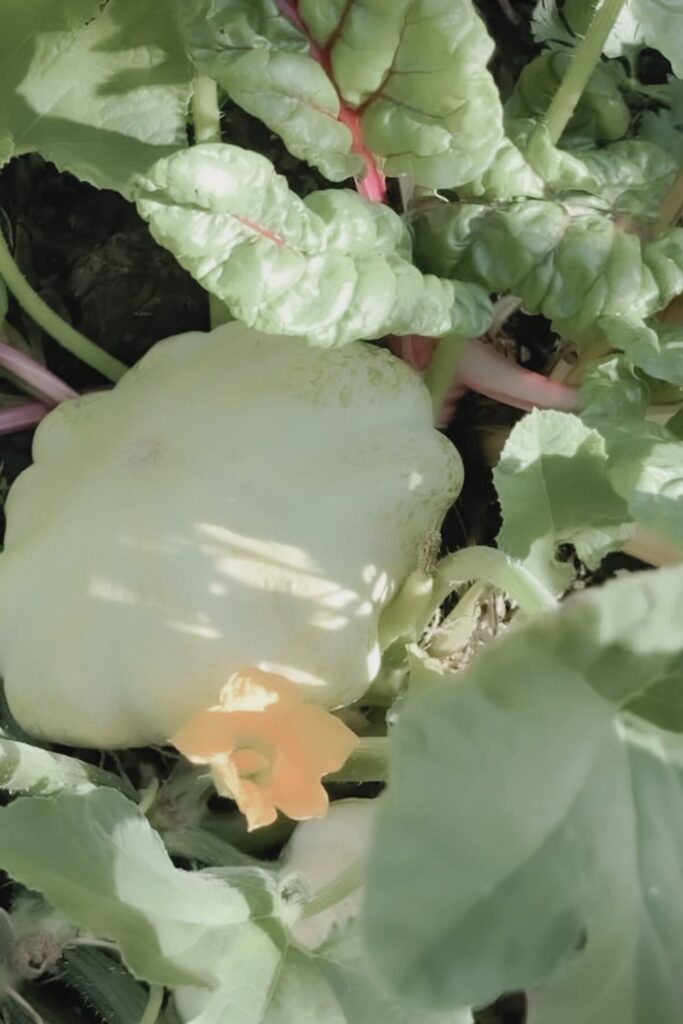
WHAT IS THE BEST SEASON TO START A GARDEN?
Spring is the very best season to start a garden because you will not struggle with having to deal with cold frames and you can grow so many different vegetables.
I enjoy the Spring garden the most, it is the anticipation, the fact that seedlings begin to get acclimated and you start preparing the garden. It is a great season for the gardening for beginners.
But it does depend on the type of garden you want to create and what your family likes to consume.
If you are still feeling overwhelmed or are not sure how to start and want to learn to design a successful garden and plan an outdoor space that works for you, let’s chat. Schedule a 30 minute one on one call with me.
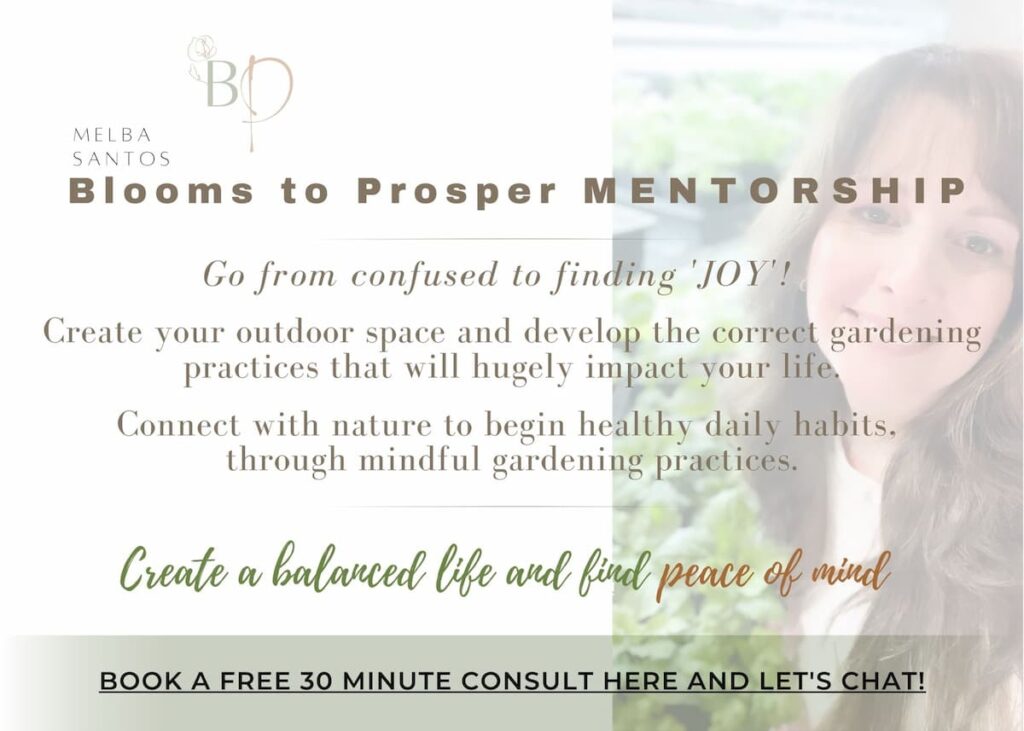
Looking forward to chatting soon!
Here are Some of the Guidelines:
- Spring: This is the most fun of the year to me, and I think a beginner gardener. You can grow so many vegetable and flowers with a large range of herbs. The risk of loosing plants is less that in the winter.
- Fall: One of the great things about growing in fall is that you don’t deal with so many pests.
- Winter: This is enjoyable if you have a more mild winter season. If you are a beginner gardener, make sure you understand the extra work that will come with having to protect your crop.
- Summer: I love summer crops because of the tomatoes and peppers. It will take some work with establishing a watering schedule and dealing with pests.

HOW TO SELECT THE RIGHT VARIETY OF CROP FOR THE SEASON?
When you are selecting what to grow for the season, select a crop that will do well in your zone.
The main thing to be aware of is to know the minimum and maximum temperatures in your area. This information will define if you are able to grow the crop for the season.
GARDENING SEASON CHART
Decide what your goals are and with some research and planning, you can do great on any of the seasons.
We have great challenges in our zone with the amount of rain we get, so not only consider the climate by temperature, but also rain, snow and wind.
WARM AND COOL SEASON CROPS
| WARM SEASON CROPS | COOL SEASON CROPS | KEEP IN MIND |
| Tender Vegetables | Hardy | Warm season crops are sensitive to frost. |
| Tomatoes | Asparagus | Cool season crops can withstand light frost. |
| Green Beans | Beets | Very tender crops are highly frost-sensitive |
| Snap Peas | Broccoli | Half-hardy crops can withstand light frost. |
| Brussels Sprouts | ||
| Very Tender | Cabbage | |
| Cucumbers | Chives | |
| Eggplants | Colllatds | |
| Okra | Garlic | |
| Pumpkin | Kale | |
| Squash | Artichoke | |
| Sweet Potatoes | Leeks | |
| Watermelon | Mustards | |
| Peppers | Onions | |
| Parsley | ||
| Parships | ||
| Spinach | ||
| Half-Hardy | ||
| Endives | ||
| Potaotes | ||
| Lettuce | ||
| Celery | ||
| Cauliflower | ||
| Chard |
Note that the chart above is based on the Knott’s Handbook for vegetable growers. This is to help you understand the sensitivity of the vegetable crops to the climate. You must research your zone and how the vegetables will be impacted by the local weather.
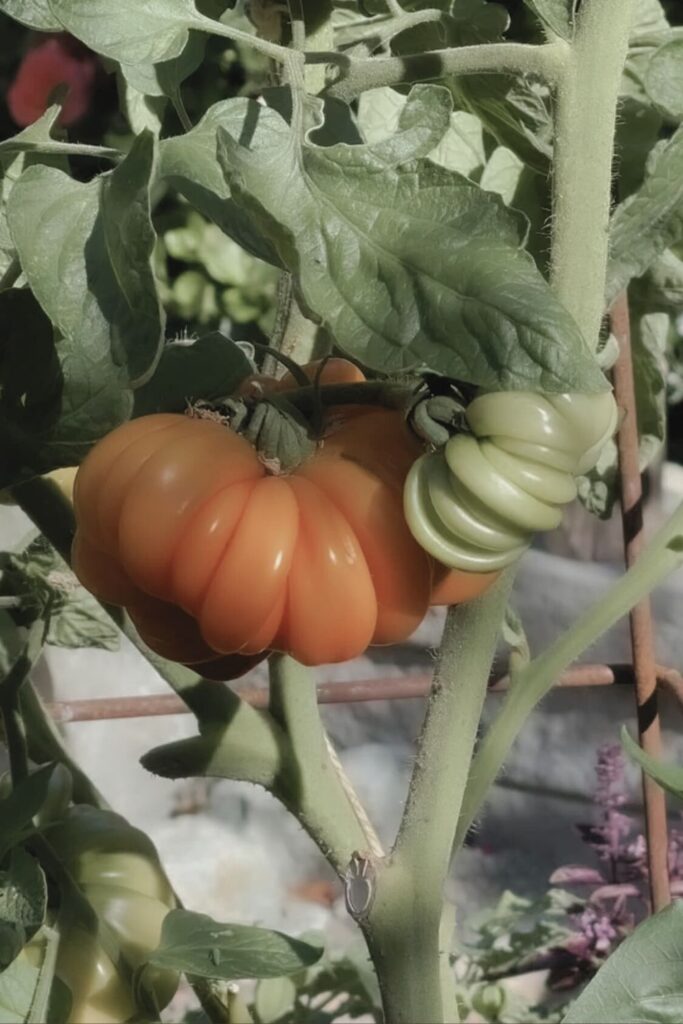
SHOULD I CONSIDER SEASONAL GARDENING?
Seasonal vegetable planting will provide you with so much continuous harvest, and the flavors of the vegetables that will be produced will be so much better.
Would I consider seasonal gardening?
Absolutely, yes.
Get your gardening gloves on and explore the amazing vegetables you can grow throughout the gardening year.
I invite you to comment on your thoughts so we can grow together!
IF YOU LIKE THE POST, PLEASE PIN BELOW!
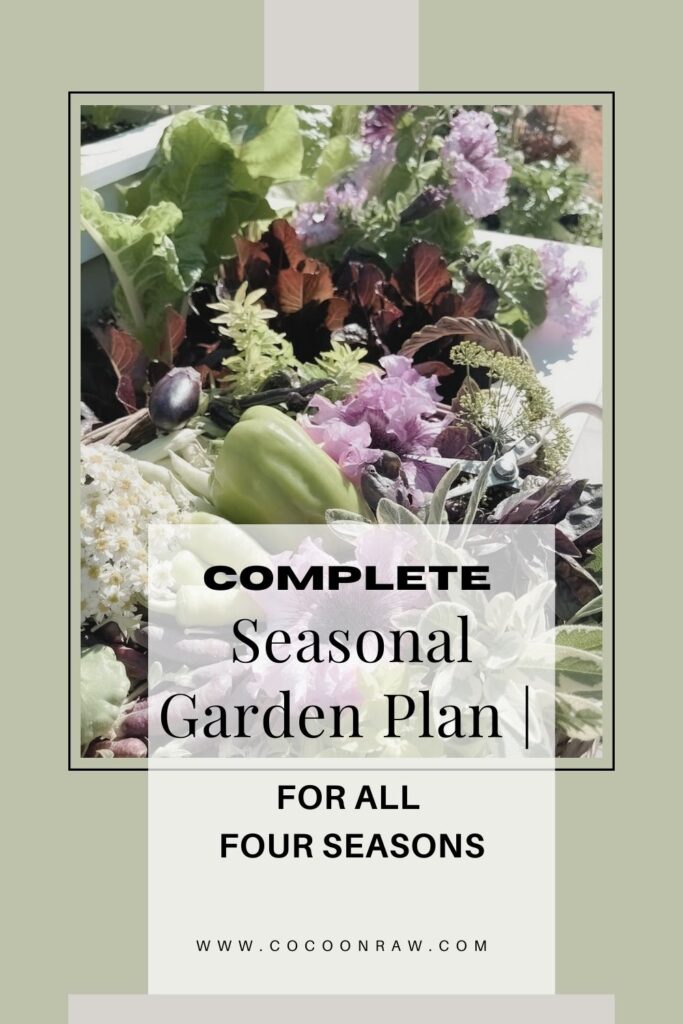

DON’T LEAVE YET!
Can’t Fall Asleep? Try These Easy Techniques for Sleep Meditation
Which Trees Boast the Most Vibrant Fall Leaf Colors?
JOIN ME ON SOCIAL MEDIA!
Instagram @cocoonraw
YouTube Cocoon Raw
Pinterest https://www.pinterest.com/cocoonraw/
Facebook https://www.facebook.com/cocoonrawdesign
TikTok cocoon_raw
You Tube Cocoon Raw


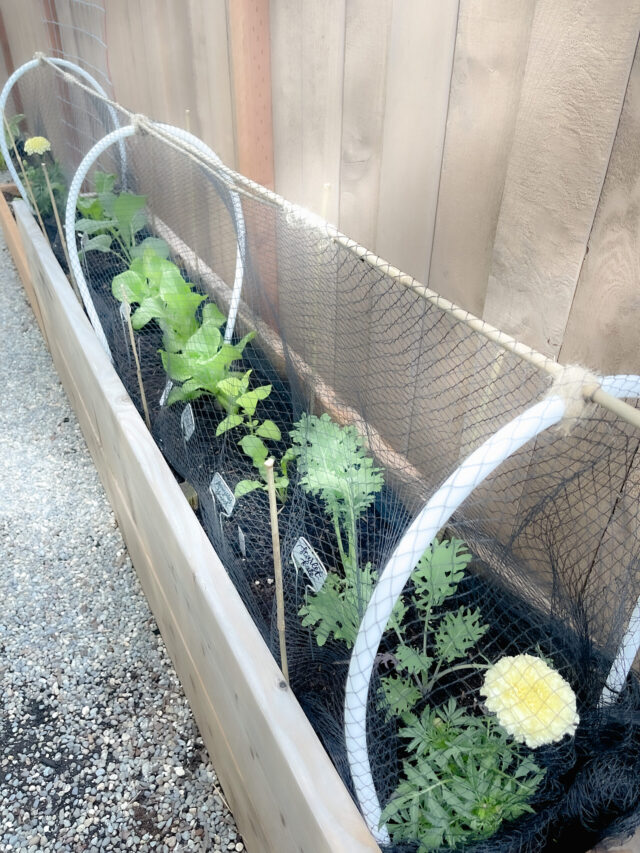



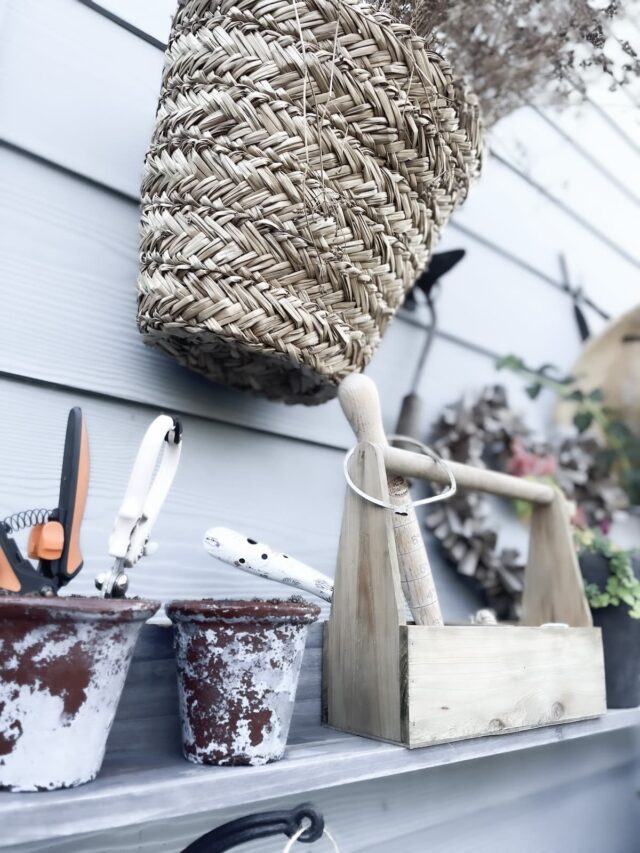
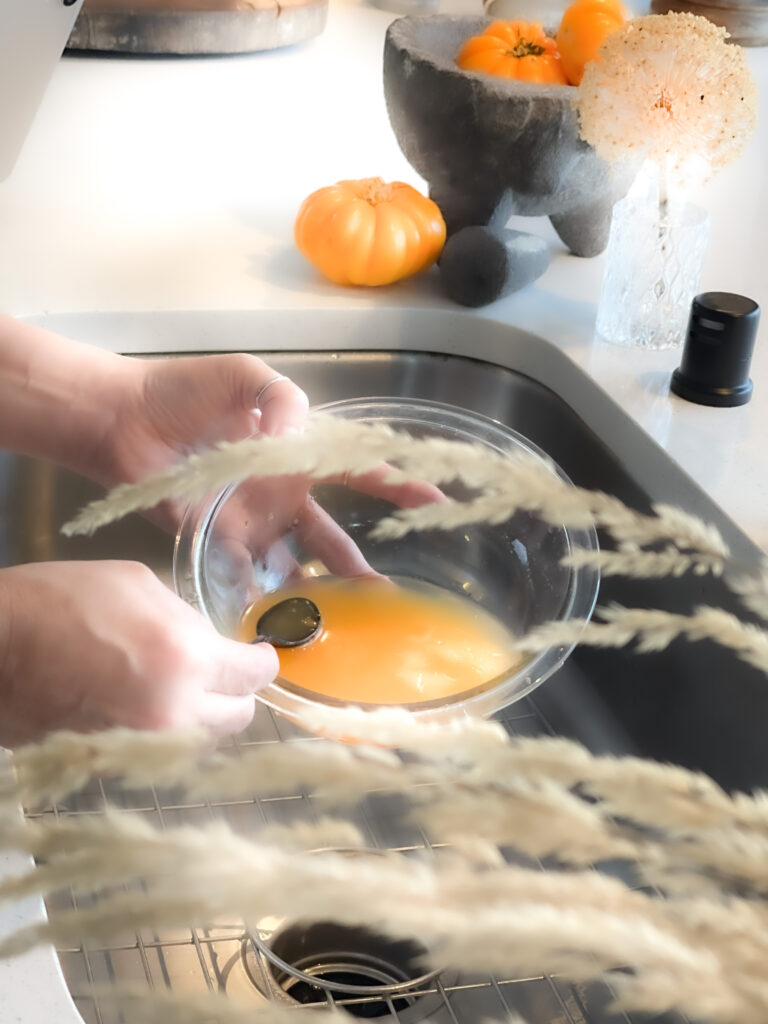
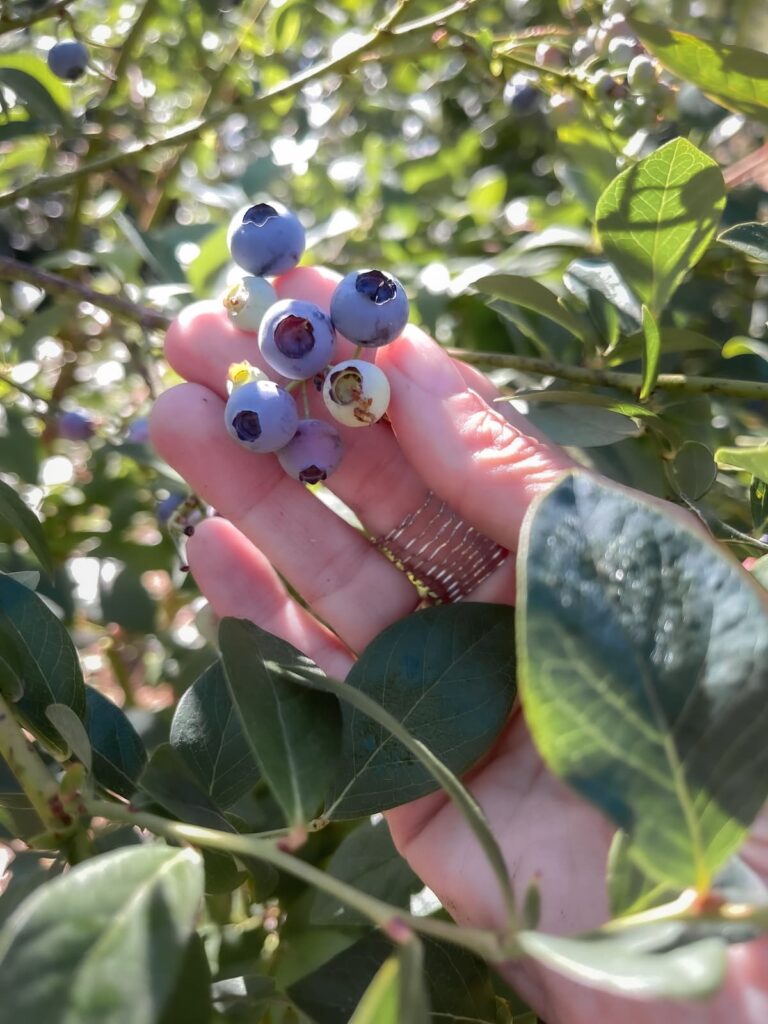
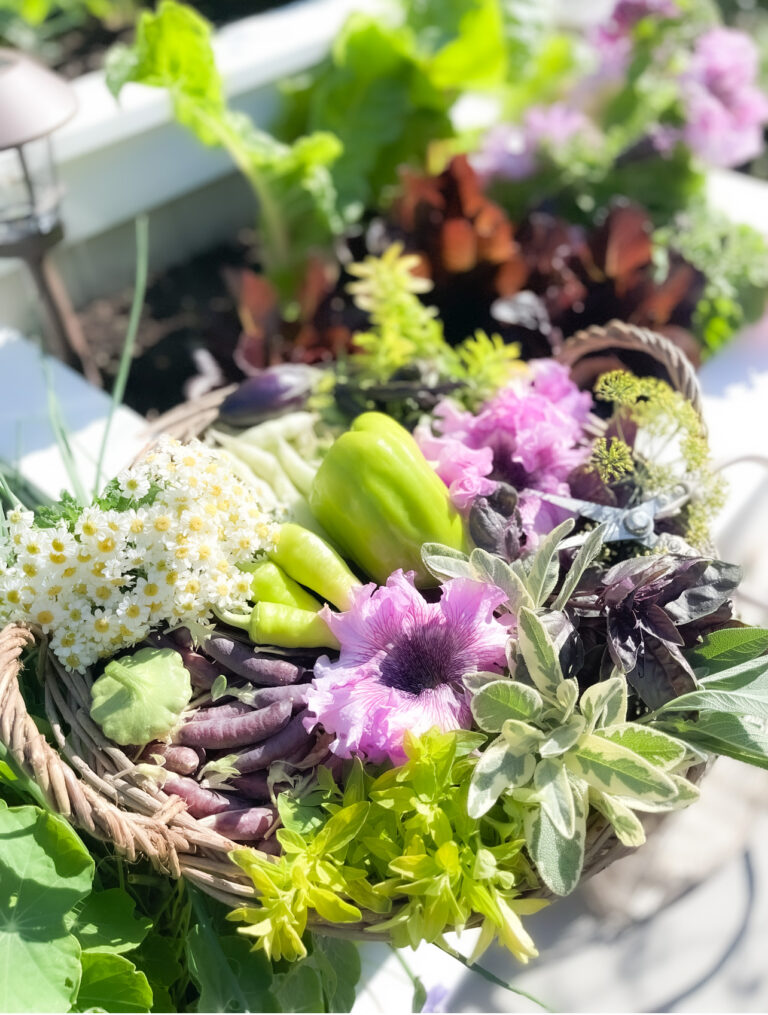
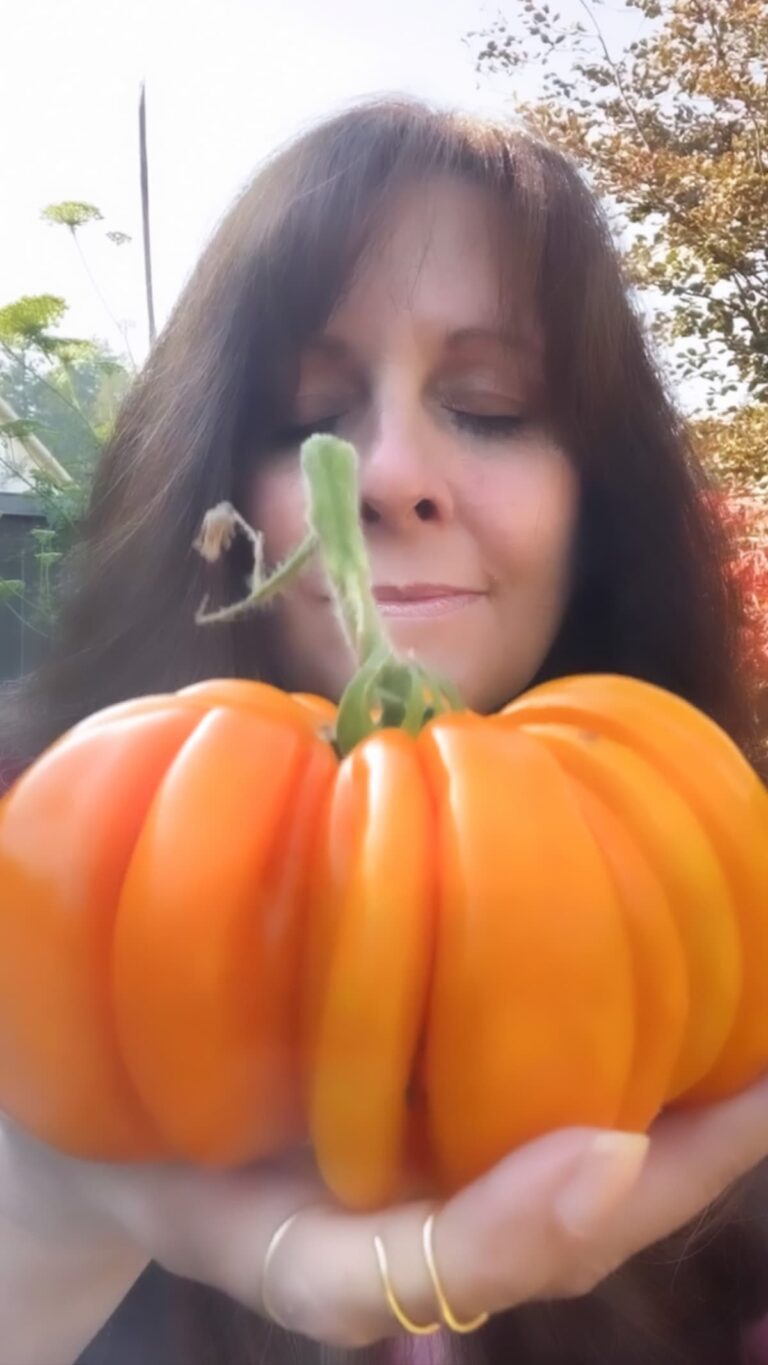
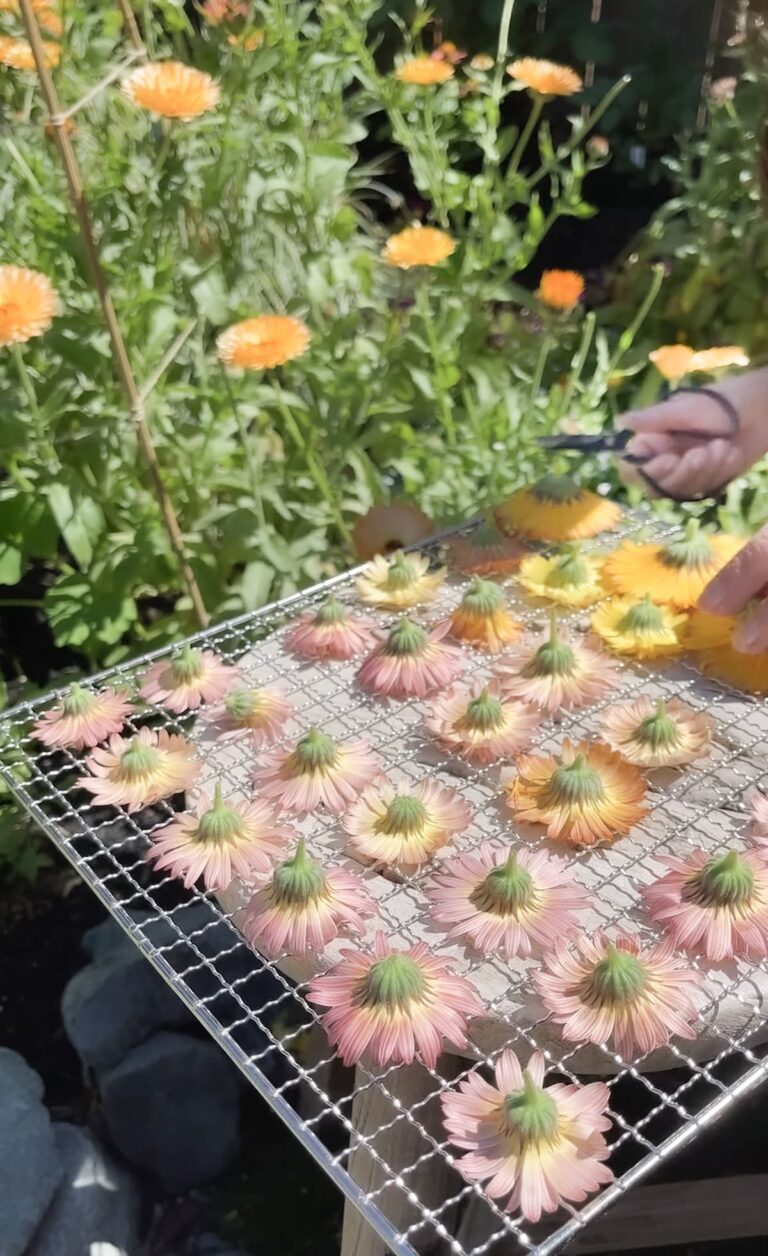
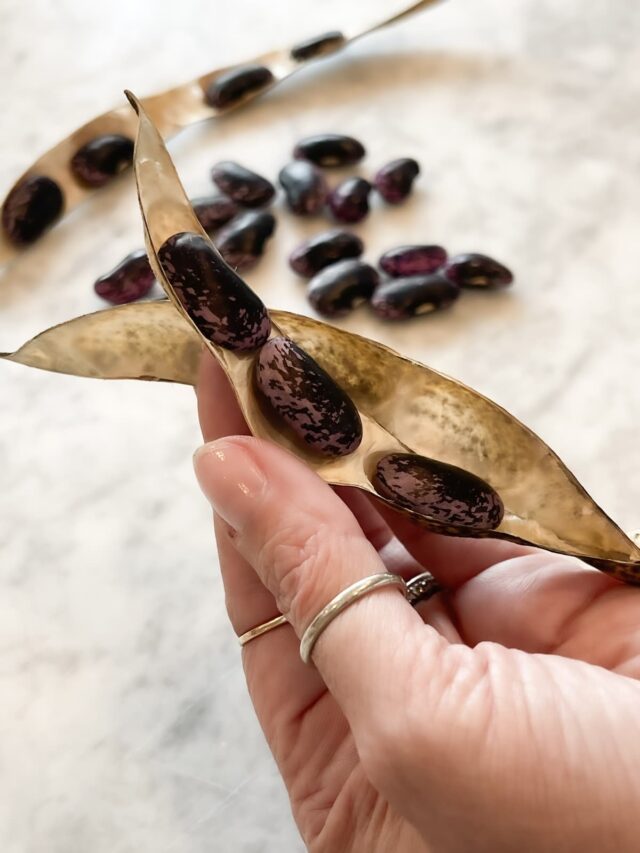
That printable looks so useful, thanks for creating that for us.
You are so welcome Rachel! The free garden planner is so helpful for inspirational gardens.
Being from the tropic, where your worry is making sure plants do not take over your yard, seasonal planting was scary for me. After reading your blog I am very eager to try it out. Thsnks
It is the best and makes for easy gardening. You also save so much money by getting the most out of a small garden.
Thanks for the info on choosing the right plants for the season! Very informative! Your garden is beautiful!
Selecting the right plants for a four seasons garden is so important to avoid getting frustrated. Thank you for the sweet comment!
I wish I had just a hint of your green thumb. Gardening can be so much work, but so rewarding.
Gardening can be work, a worthwhile journey. But a garden can be all you need and no more. You are so sweet!